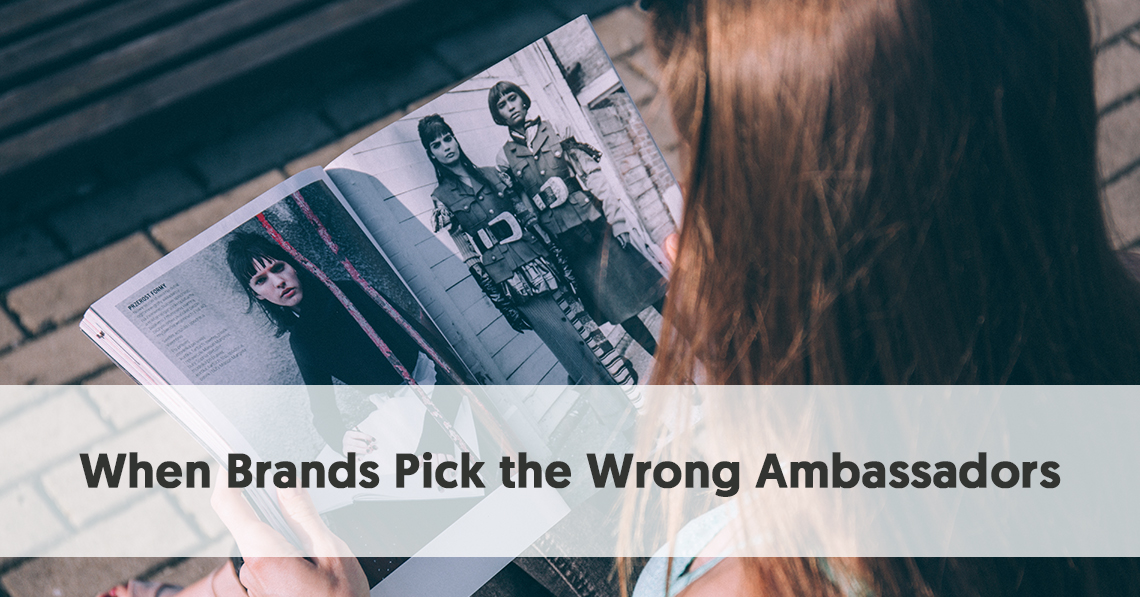Examples of Influencer Marketing Campaigns Gone Wrong: Learn from Mistakes and Improve Your Strategy
The Rise and Fall of Influencer Marketing Campaigns: Lessons Learned
Influencer Marketing has become a crucial component of modern marketing strategies, bridging the gap between brands and their target audiences. However, the recent surge in the use of Influencers has also brought to light some glaring examples of campaigns gone wrong. From endorsements that backfired to controversies that tarnished brand images, the pitfalls of choosing the wrong Influencer are becoming increasingly evident.
One such example is Microsoft’s ill-fated partnership with Oprah Winfrey, where a tweet promoting the Microsoft Surface was sent from an iPad, exposing a lack of genuine affinity between the Influencer and the brand. This misstep not only failed to generate the desired buzz but also raised questions about the product’s functionality.
Similarly, fashion brand Manuel Ritz’s collaboration with Influencer Matteo Achilli backfired when the authenticity of his entrepreneurial success was called into question, leading to a backlash that overshadowed the brand’s campaign. The lesson here is clear: authenticity and credibility are key when choosing an Influencer to represent your brand.
Another cautionary tale comes from Diclegis, who enlisted reality star Kim Kardashian for a campaign that lacked the necessary medical information, raising ethical concerns and highlighting the importance of aligning an Influencer’s expertise with the product being promoted.
Volvo’s partnership with an Influencer who failed to resonate with their brand image serves as a reminder that superficial endorsements can do more harm than good. The key takeaway is to prioritize brand affinity and authenticity over follower numbers when selecting an Influencer for your campaign.
Lastly, the infamous Scott Disick Instagram blunder underscores the importance of co-creation and genuine engagement in Influencer Marketing. Simply parroting marketing messages without adding value or authenticity can lead to a backlash from audiences.
In conclusion, the success of an Influencer Marketing campaign hinges on the careful selection of Influencers who align with the brand’s values and messaging. By prioritizing authenticity, credibility, and genuine affinity, brands can avoid the pitfalls that have plagued many campaigns in the past.
